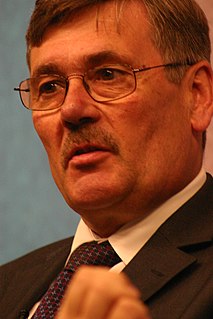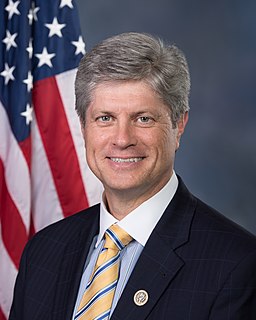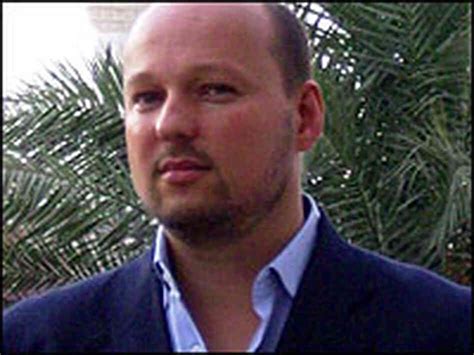A Quote by Bob Ainsworth
The war in Afghanistan is too important to be reduced to a political football. We are fighting there to protect our national security. We are confronting the Taliban-led insurgency to prevent terrorists returning to that country.
Related Quotes
But we have achieved at least two important things. Afghanistan is no longer a safe haven for international terrorists. We have a strong Afghan army, which is fighting the terrorists and Taliban. And the second thing is that they are able to do that without us being there to conduct the combat operations.
At some point, deliberation begins to look more like indecisiveness which then becomes a way of emboldening our enemies and allies and causing our allies to question our resolve. So we shouldn't let one component of this determine our national security here which depends on providing an Afghanistan which denies a safe haven to terrorists as well as stabilizing Pakistan. Those are our two national security interests at stake in Afghanistan.
It seems perverse to focus too much on the casualties or hardship in Afghanistan ...[Showing the misery of Afghanistan ran the risk of] promoting enemy propaganda...we must talk about how the Taliban are using civilian shields and how the Taliban have harboured the terrorists responsible for killing close up to 5,000 innocent people.
I believed Afghanistan was always going to be hard. It's the fifth poorest country in the world. And when you fly over it, you realize that there's not much there. And, of course, it has the problem, too, of being on that border with Pakistan in basically an ungoverned region that has given the terrorists a staging ground. So it's a very difficult place. But I do believe that the mission there can succeed if success is defined as helping the Afghans to prevent the Taliban from being an existential threat to the Afghan government.
What NATO troops are doing in Afghanistan is to train, assist and advise Afghans, but they are actually doing the fighting. They are actually taking the responsibility for the security in their own country. And that is a great achievement, compared to what we saw just a few years ago, when NATO troops had to conduct the combat operations fighting the Taliban.
Trump himself has not laid out a clear agenda on the national security issues that are the most pressing for the United States, from the resurgence of the Taliban in Afghanistan to the deepening Syrian civil war to the fight against ISIS in Iraq and Syria and the flexing of Russian muscles under President Vladimir Putin.
President-elect Donald Trump has a host of national security challenges to deal with as he assumes office, from the resurgence of the Taliban in Afghanistan to the grinding Syrian civil war to the flexing of Russian muscles under President Vladimir Putin to how to deal with ISIS as the terrorist army retreats in Iraq.
Four years ago, I promised to end the war in Iraq. We did. I promised to refocus on the terrorists who actually attacked us on 9/11. We have. We've blunted the Taliban's momentum in Afghanistan, and in 2014, our longest war will be over. A new tower rises above the New York skyline, al Qaeda is on the path to defeat, and Osama bin Laden is dead.































